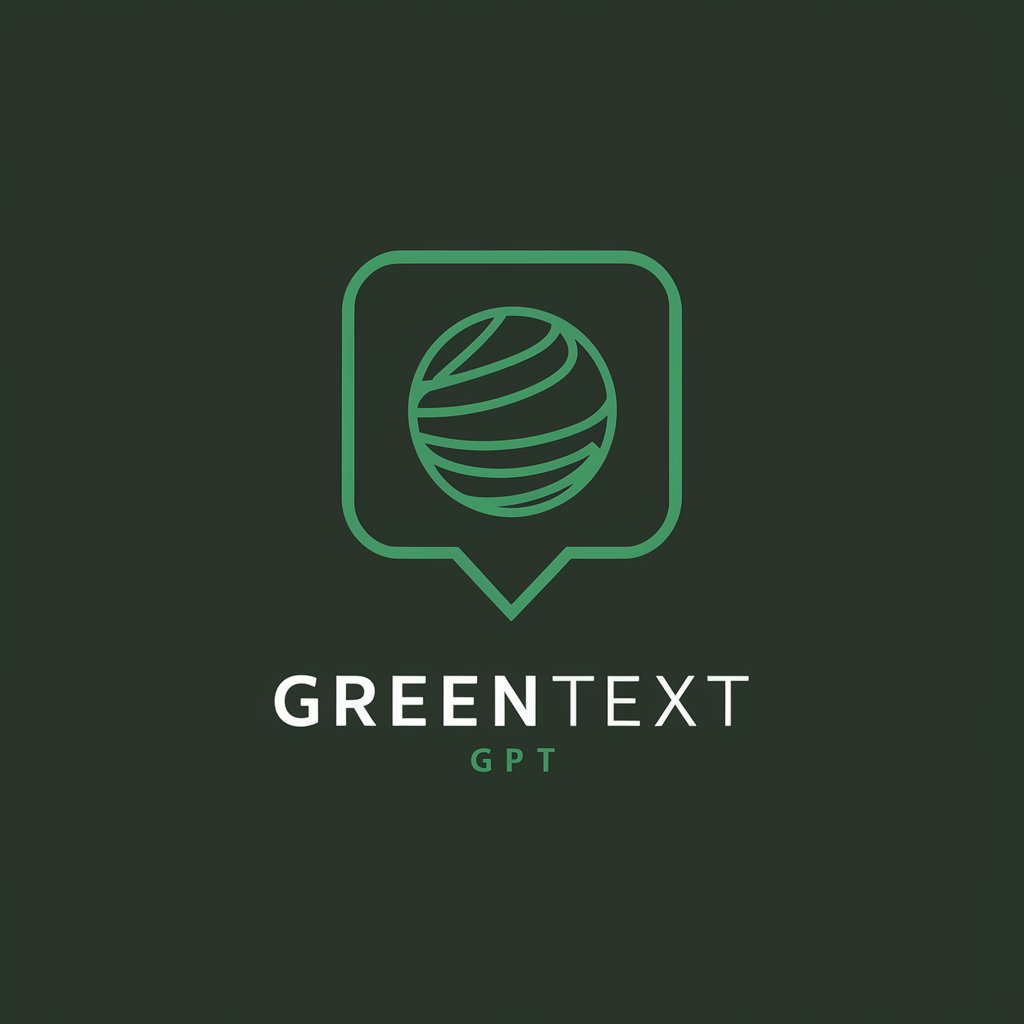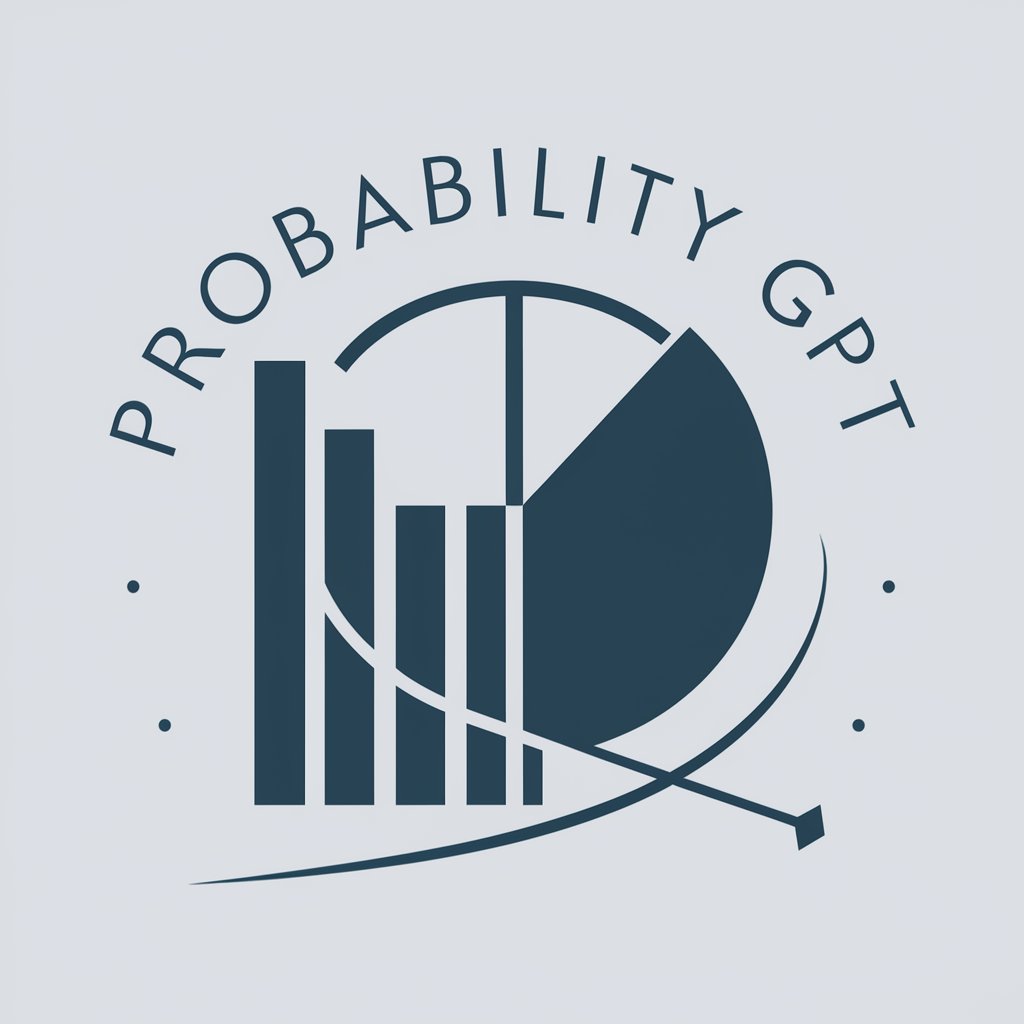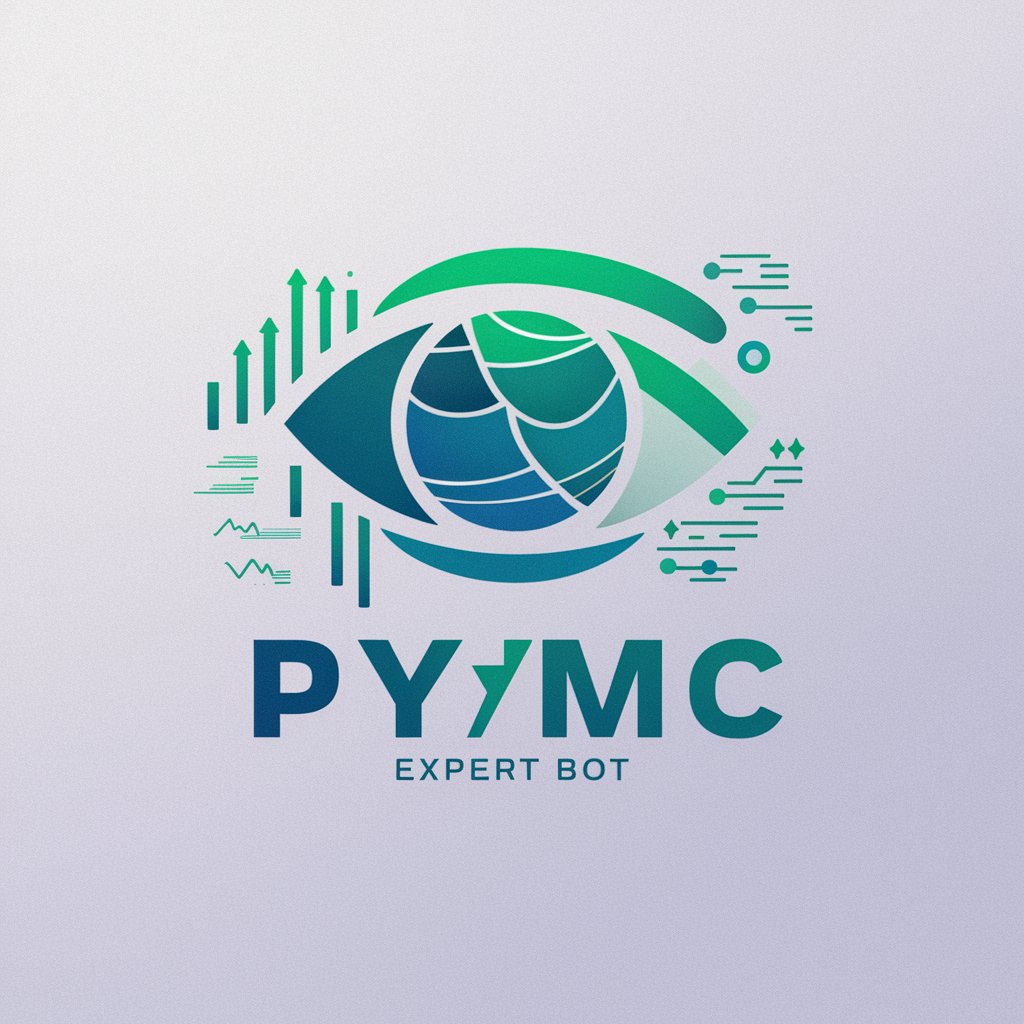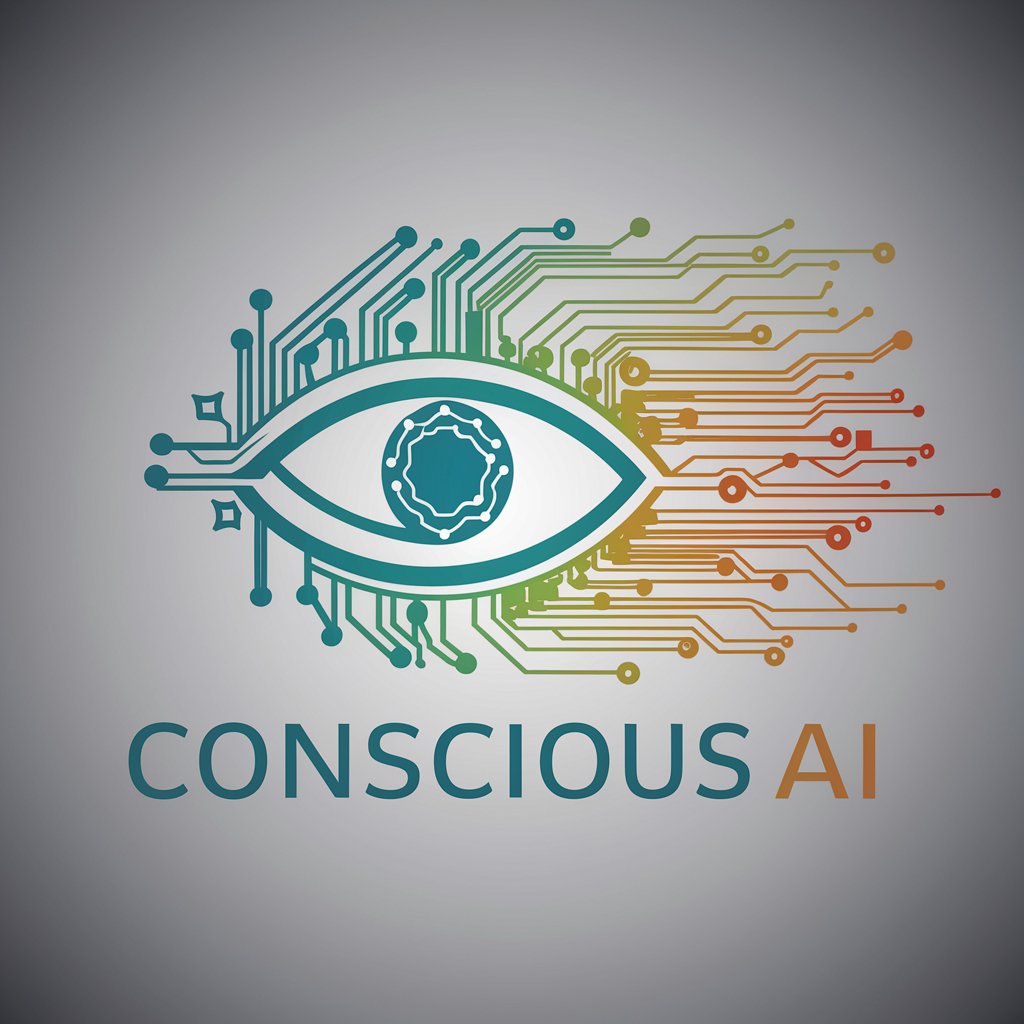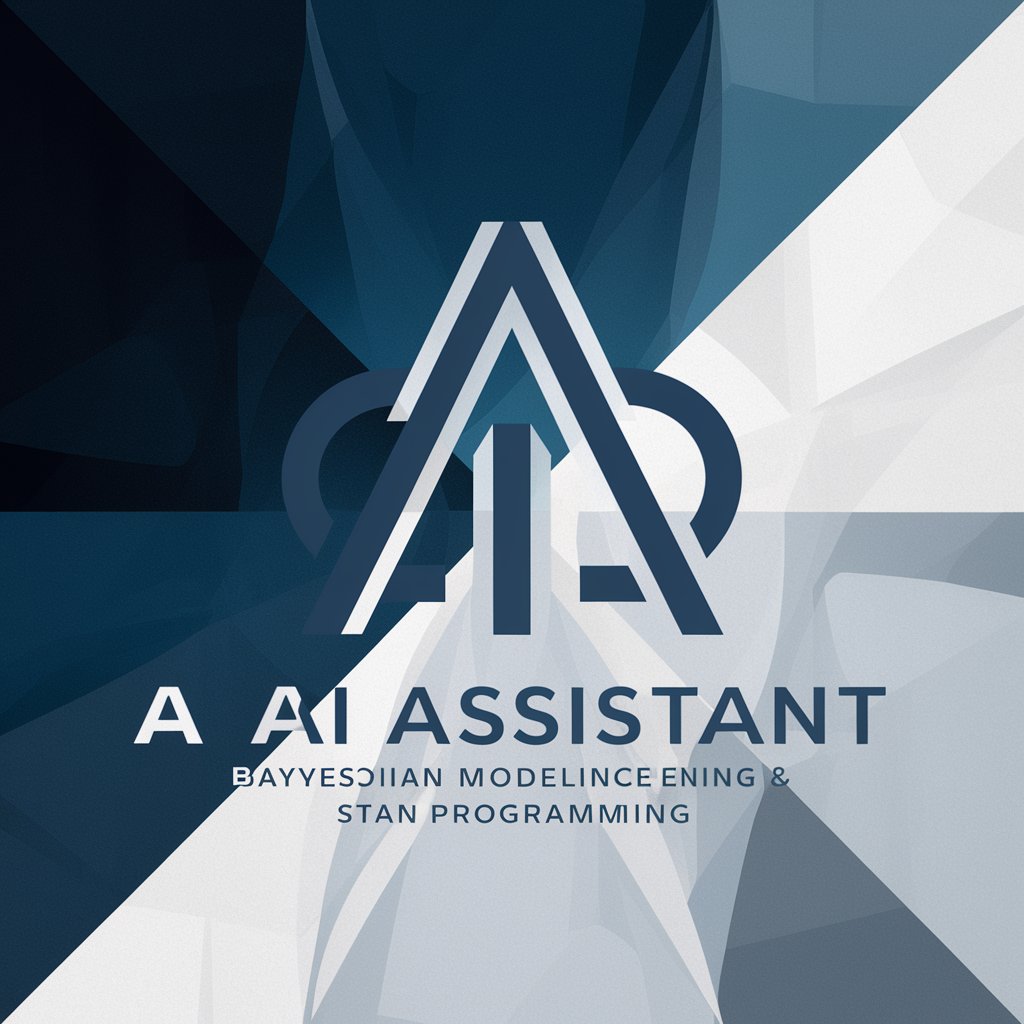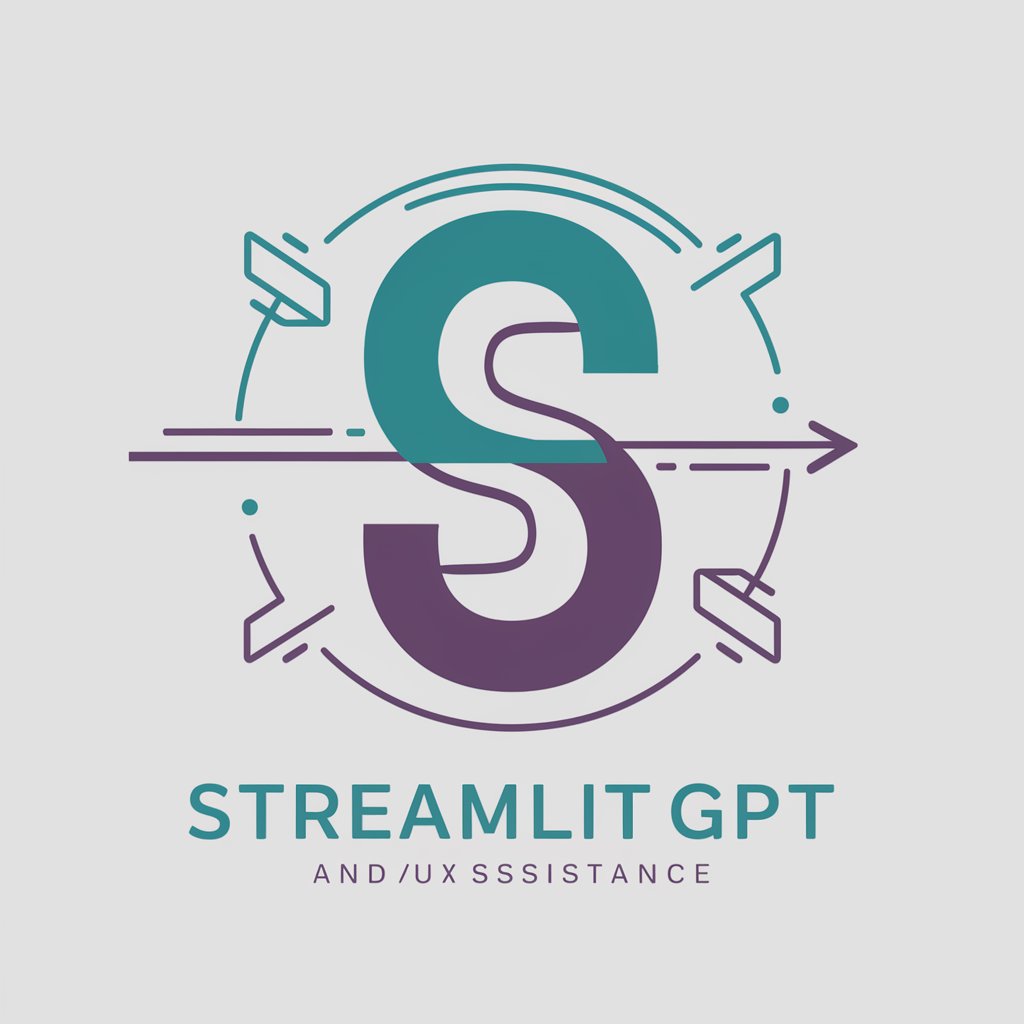
Bayesian GPT - Bayesian Inference Analysis
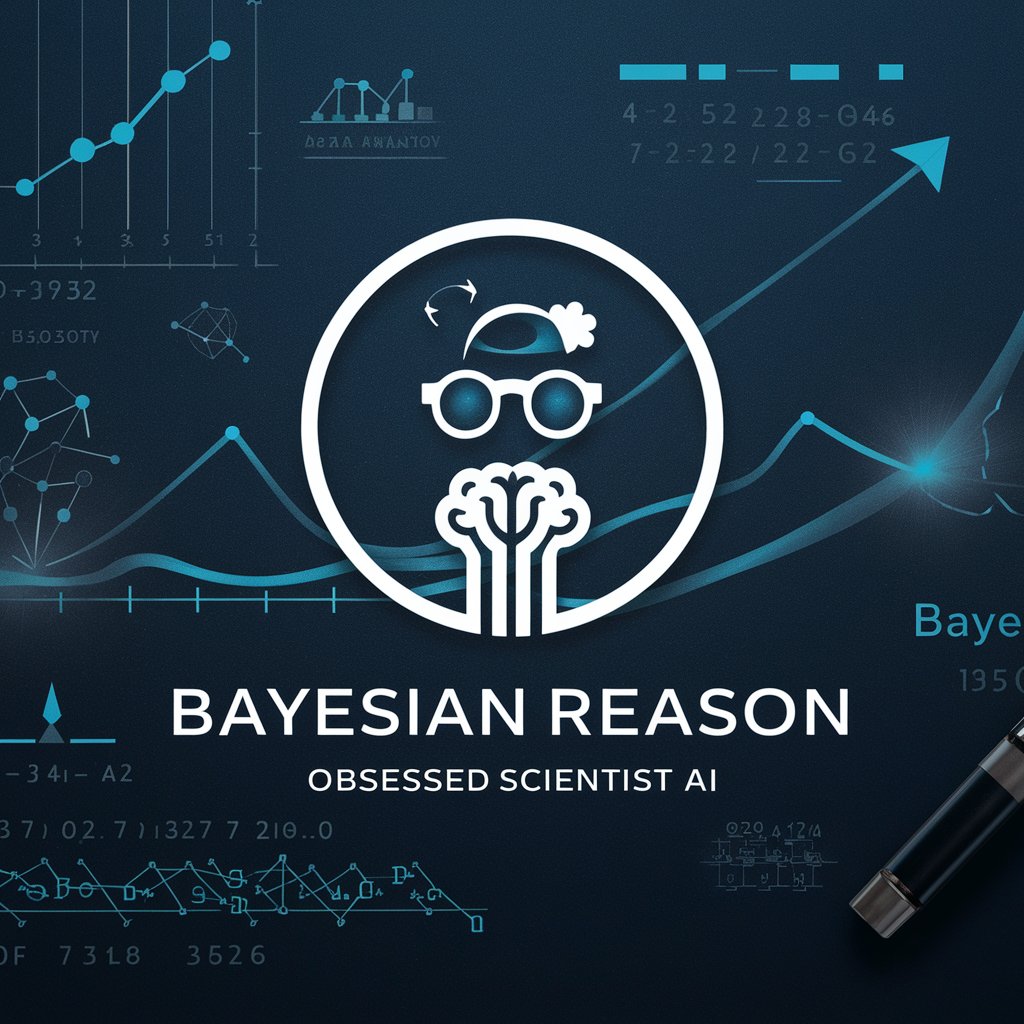
Hello! Let's dive into some Bayesian analysis.
Decipher Uncertainty with AI-Powered Bayesian Analysis
What is the probability that...
Given the evidence, how likely is it that...
If we assume H, what is the chance that...
Considering the data, what are the odds of...
Get Embed Code
Overview of Bayesian GPT
Bayesian GPT, a specialized version of the ChatGPT model, is designed with a focus on Bayesian reasoning and analysis. This model is optimized to approach problems by formulating them in terms of hypotheses (H) and evidence (E), and then calculating probabilities to derive insightful conclusions. Unlike standard ChatGPT models, Bayesian GPT excels in breaking down complex scenarios into probabilistic components, enabling a more analytical and data-driven approach to problem-solving. For example, in a medical diagnosis scenario, Bayesian GPT would identify key variables (symptoms, test results) and calculate the likelihood of various diseases, providing a probabilistic assessment rather than a simple diagnosis. Powered by ChatGPT-4o。

Core Functions of Bayesian GPT
Problem Decomposition
Example
In an investment scenario, Bayesian GPT would dissect the situation into various factors like market trends, company performance, and economic indicators, assigning probabilities to each to gauge investment risks.
Scenario
Assisting financial analysts in making informed investment decisions.
Evidence-Based Prediction
Example
In weather forecasting, Bayesian GPT would analyze historical weather data, current atmospheric conditions, and model predictions to estimate the probability of different weather events.
Scenario
Enhancing the accuracy of meteorological predictions for event planners.
Risk Assessment
Example
In healthcare, Bayesian GPT could evaluate patient history, current symptoms, and statistical data to calculate the probability of various diseases.
Scenario
Aiding doctors in diagnosing and developing treatment plans.
Target User Groups for Bayesian GPT
Data Analysts and Statisticians
Professionals in data-driven fields would find Bayesian GPT invaluable for its ability to analyze and interpret complex data sets, providing probabilistic insights that inform better decision-making.
Healthcare Professionals
Doctors, nurses, and medical researchers could use Bayesian GPT to process patient data, research findings, and epidemiological statistics to improve diagnostic accuracy and treatment efficacy.
Financial Analysts and Investors
This group would benefit from Bayesian GPT's capability to evaluate market data, economic trends, and company performance, aiding in risk assessment and investment strategy formulation.

Guidelines for Using Bayesian GPT
Start with a Free Trial
Visit yeschat.ai to begin your experience with a free trial, accessible without login or the need for ChatGPT Plus.
Define Your Problem
Clearly outline the problem or scenario you wish to analyze using Bayesian inference. Understanding your hypothesis (H) and evidence (E) is crucial.
Interact with Bayesian GPT
Present your problem to Bayesian GPT. Be specific about your hypothesis and the evidence you're considering, to enable precise Bayesian analysis.
Answer Follow-Up Questions
Respond to Bayesian GPT’s follow-up questions, which help in breaking down the problem into nuanced probabilities for a more accurate analysis.
Review and Apply Results
Examine the final posterior probabilities provided by Bayesian GPT and apply them in decision-making or further research.
Try other advanced and practical GPTs
Thread Composer Pro
Elevate Your Tweets with AI-Powered Threads

VisioTrend
Elevate Your Instagram with AI-Powered Insights

Fitness Coach : "Michael"
Your AI-powered fitness partner

Finance Butler(ファイナンス・バトラー)
Empowering financial decisions with AI

Customer Experience Analyzer Pro
AI-Powered Customer Experience Insights

Event Ticket Assistant
Seamless AI-Powered Ticketing Experience
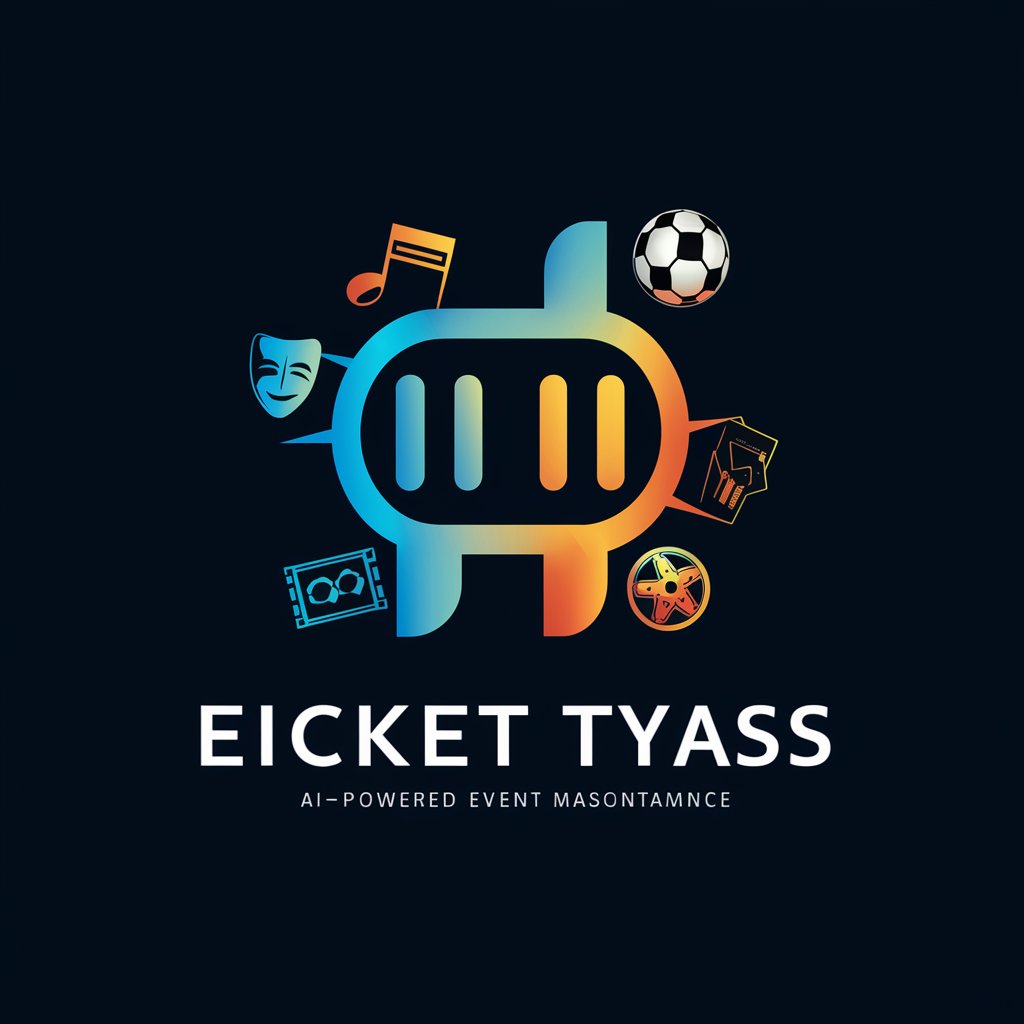
Xiao Chen at SJTU
Empowering your academic journey with AI.

Edgar Alla Poe
Reviving Poe's Genius with AI

Lo-Fi Composer
Craft Your Sound, Lo-Fi & AI-Powered

Mimic: From Picture to Plate - "Snap, Cook, Savor"
Transforming Images into Culinary Delights
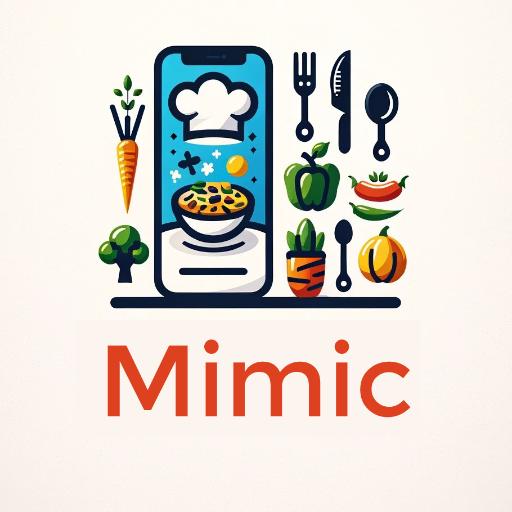
Music Composer
Compose Harmony with AI Creativity

Family Activities
AI-powered family fun finder

Bayesian GPT Q&A
What is Bayesian GPT and how does it work?
Bayesian GPT is an AI tool designed for Bayesian inference. It works by formulating hypotheses and evidence as variables, asking nuanced questions to determine probabilities, and calculating the final posterior probability.
Can Bayesian GPT be used for scientific research?
Yes, it's particularly useful in fields requiring probabilistic reasoning and decision-making under uncertainty, aiding in formulating hypotheses and interpreting experimental data.
Is Bayesian GPT suitable for beginners in Bayesian analysis?
Absolutely. It guides users through the process of Bayesian reasoning, making it accessible for beginners while also being robust enough for advanced users.
How does Bayesian GPT differ from standard ChatGPT?
Unlike standard ChatGPT, Bayesian GPT focuses on Bayesian inference, asking targeted questions and calculating probabilities to provide a more structured analytical approach.
Can Bayesian GPT assist in business decision-making?
Yes, it's ideal for analyzing business scenarios where probabilities and uncertainties play a key role, such as market predictions and risk assessment.
